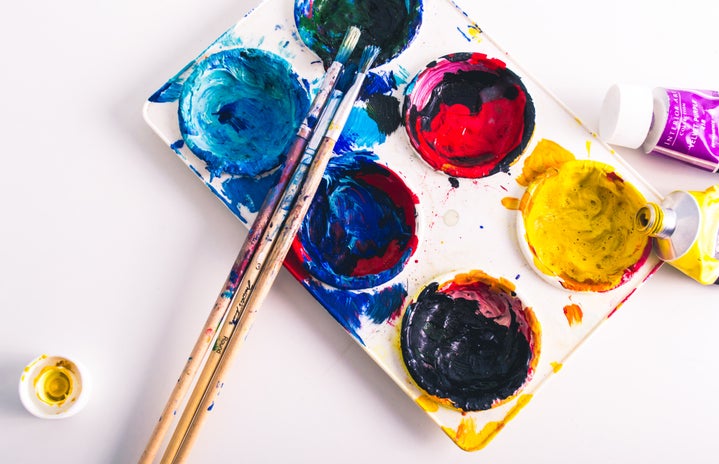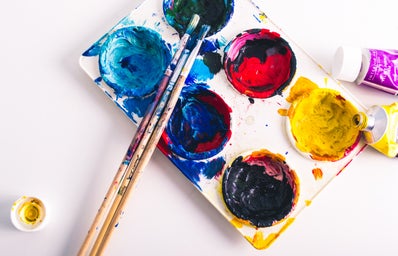Edited by: Ananya Khandelwal
A question that many are faced with today, in a world where cancel-culture is becoming increasingly prevalent and relevant, is how, and whether it is at all possible, to appreciate great art that was created by a not-so-great person.
The reason behind the emergence of this moral dilemma is not always self-evident. The truth is that the consumption of the work of artists, including those deemed “problematic”, puts money straight into their pockets, directly supporting them, and their influence. While this appears to be fairly straightforward, the reality is far more complicated.
What happens when art that has brought you comfort and joy throughout your life is later revealed to have been produced by an abhorrent human being? In such a situation, it may not be so easy to give up the personal and intimate relationship that you might have forged with the art. At the same time, refraining from giving up this relationship might mean disregard for the suffering of those affected by the artist’s doings.
How does one reconcile their feelings of hatred or disgust towards the artist with their feelings of love and admiration for the art? One thing to take into consideration is whether the art is truly reflective of the artist’s crimes. Every human being is multidimensional so in many cases, art may be a pure form of expression, unrelated to the dimensions of the artist that are facing criticism.
A noticeable trend is that it becomes easier to overlook immorality in a person who has been dead for a long time. When a long time has elapsed, we might develop an ability to appreciate the talents of the artists, independent of their flaws. This is not to say that a person’s serious mistakes should not be acknowledged; by all means, they ought to be condemned. However, some believe that the creative and aesthetic pieces of art, music, and literature can still be recognized and respected independently.
Contrarily, when the artist is still alive, visibly reaping the benefits of the consumption of their work, it is significantly more difficult to turn a blind eye to their unacceptable conduct.
Therefore, this dilemma isn’t nearly as black and white as it seems. It is important to recognize the artist’s faults and also be cognizant of the fact that the ability to separate the art from the artist differs from person to person, especially when someone is personally involved or affected.
Another aspect that may be considered is that art is often not produced by a single person. A larger team of people work behind the scenes or alongside the artist. So, by boycotting the art in an attempt to punish one person, the rest of the team may also face the consequences. That being said, boycotting could also be a way of showing respect to the people who were wronged by the artist, making it a powerful and important tool of protest.
I do not intend to put readers off the separation of art from its artist. My objective is merely to shed light on the complexities surrounding the issue and explicate why peoples’ responses might differ on a case-by-case basis.
Truly great art not only holds a mirror to the beliefs and ideals of its creator but also resonates on a deeper level with its consumers. To take the example of poetry, while a poet might have a certain idea and intention when writing a piece, the reader proceeds to extract his or her own interpretation from the poet’s words. The poem becomes a reflection, not only of the artist’s mind but also that of the reader’s. It is this personal bond, forged in the process of artistic appreciation, that must be broken when separating the art from the artist. The ability to do so is dependent not only on the severity of the artist’s misdeeds but also on the strength and significance of this personal relationship, along with a person’s individual experiences that uniquely shape each context.


